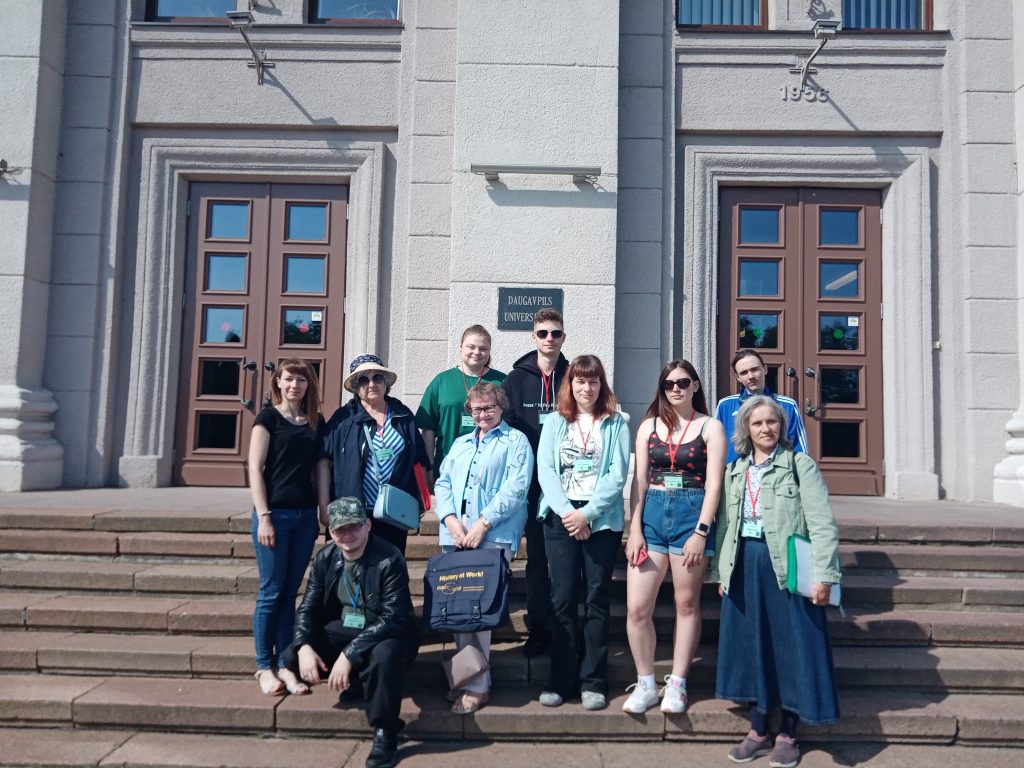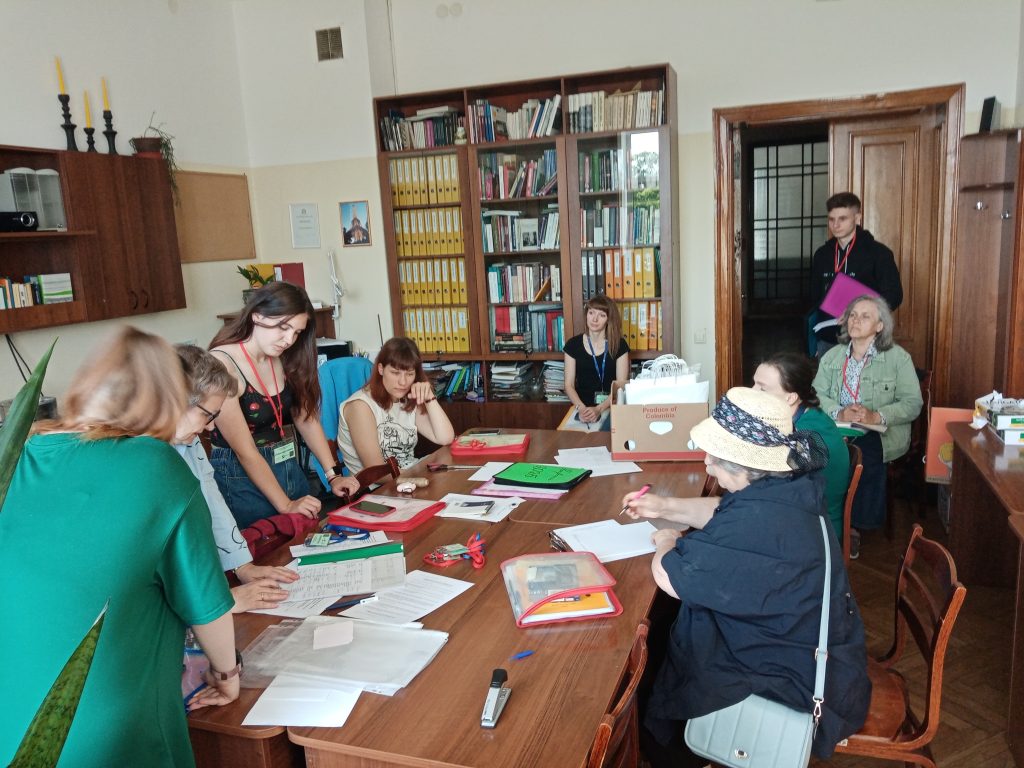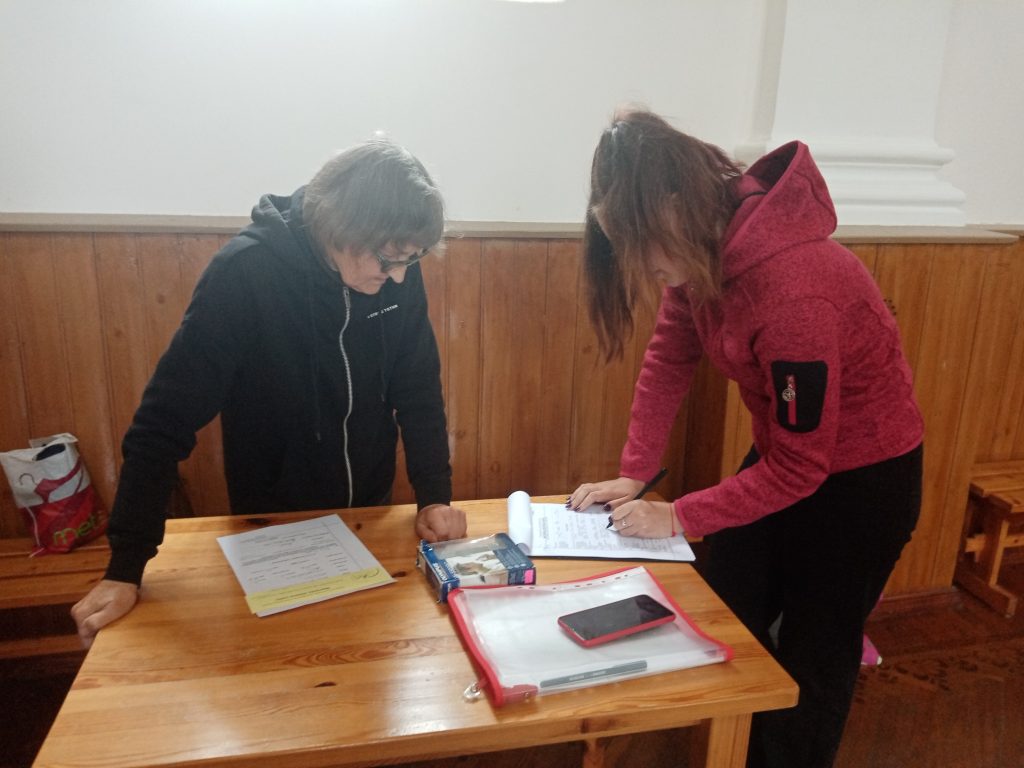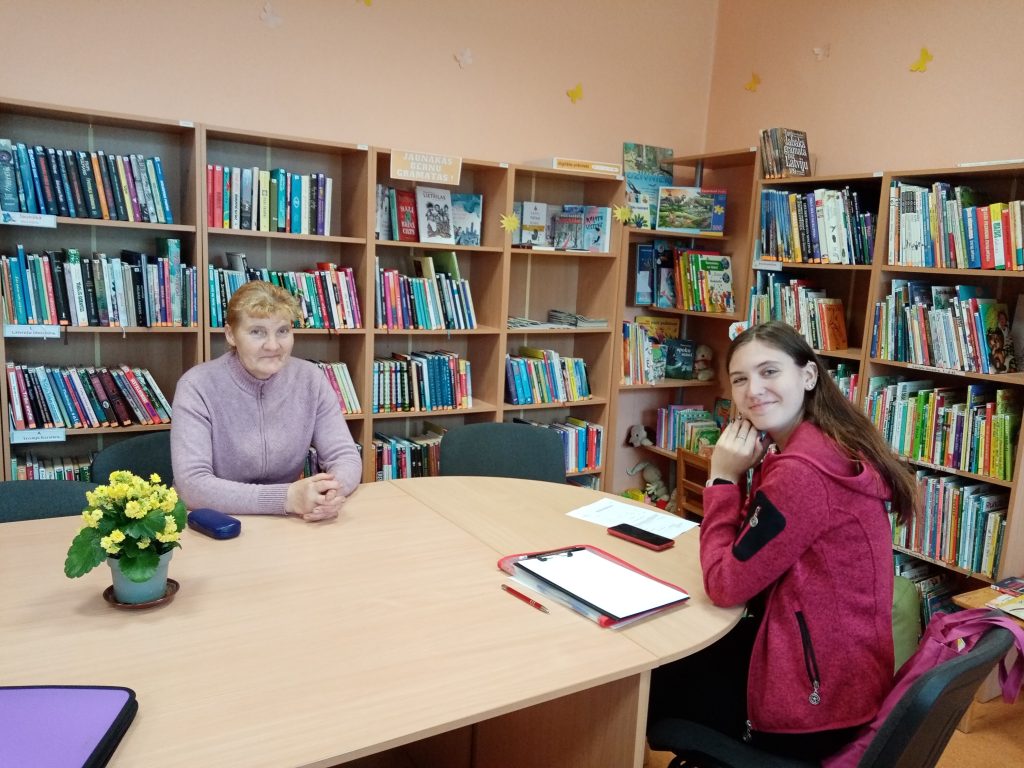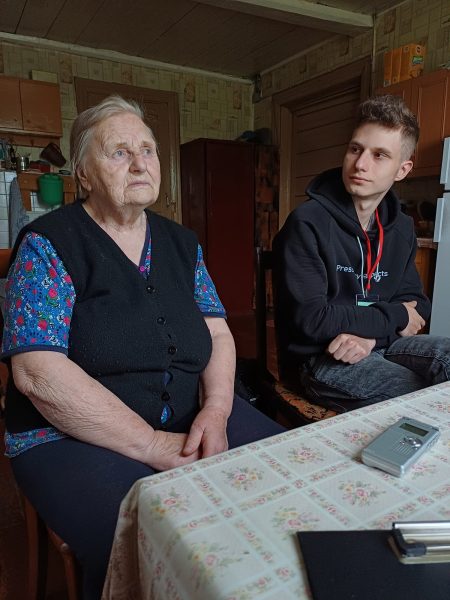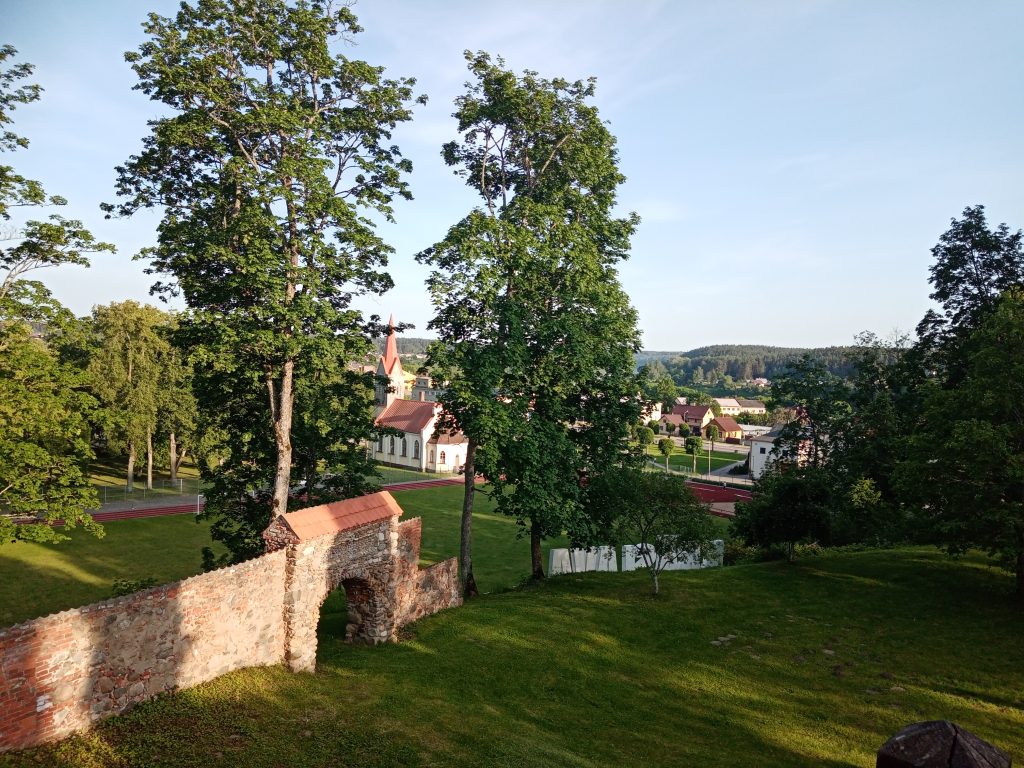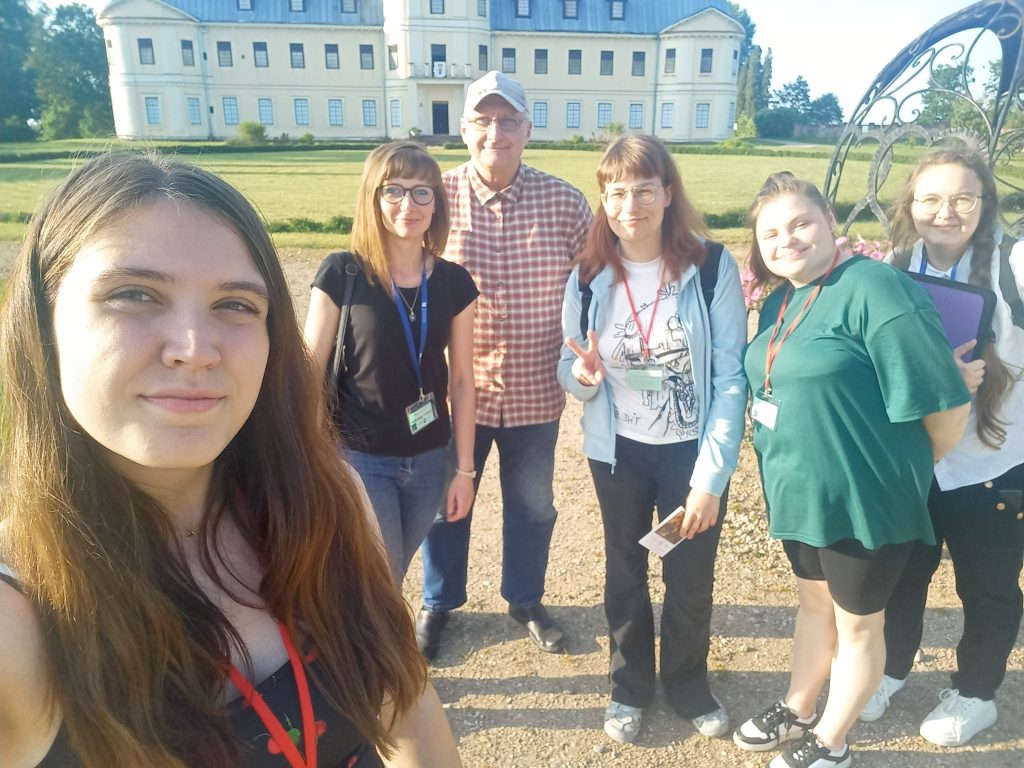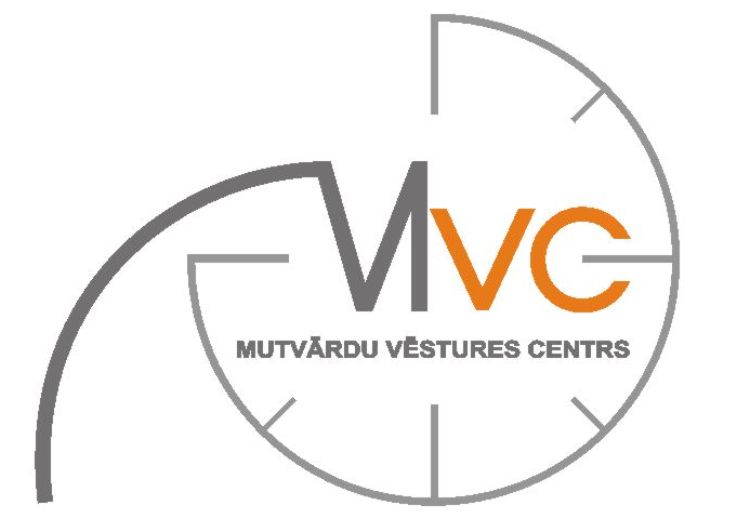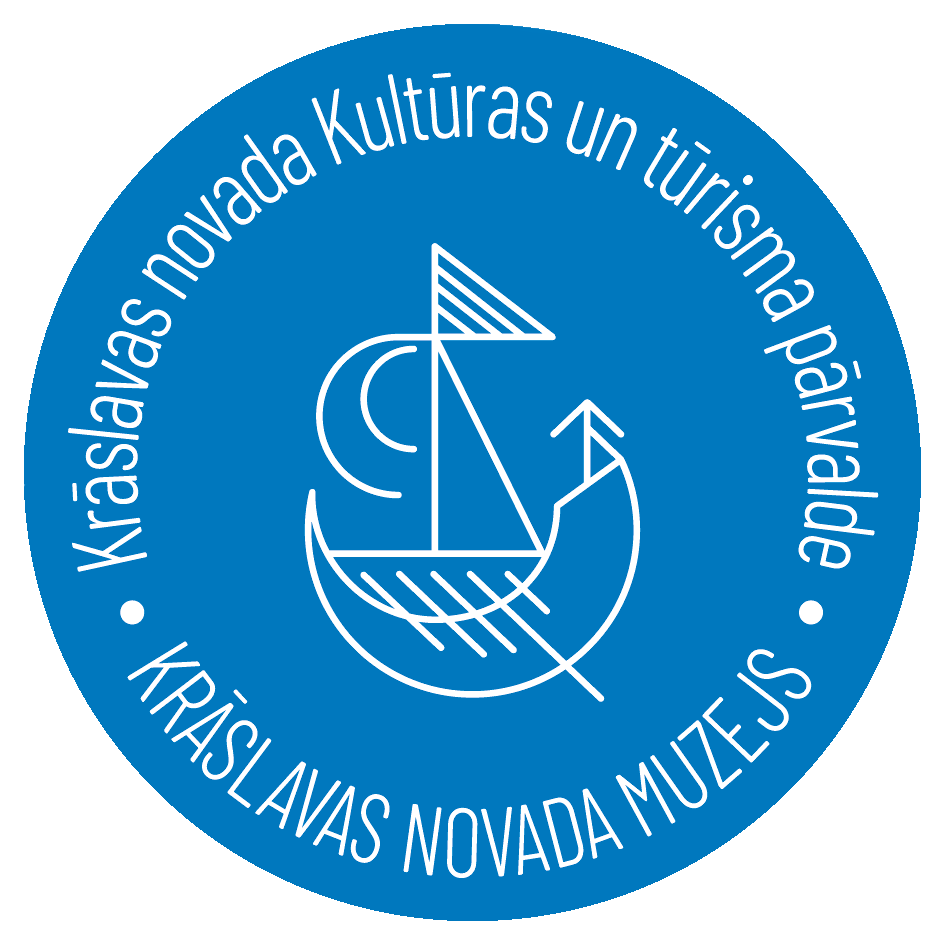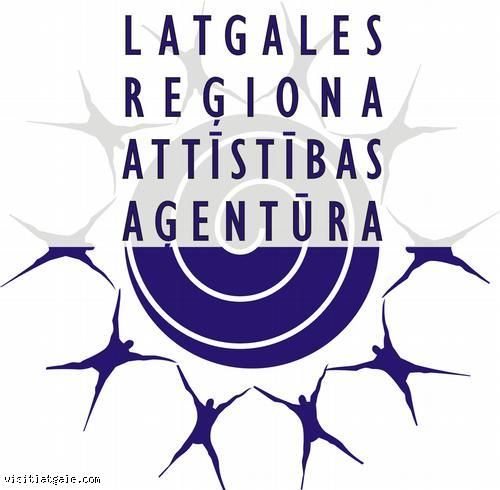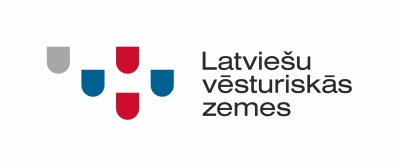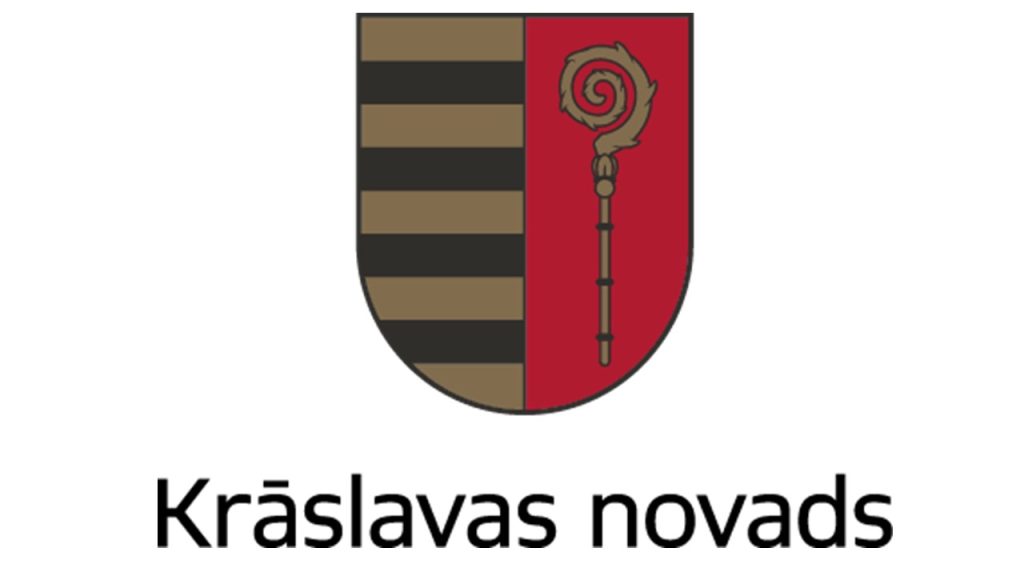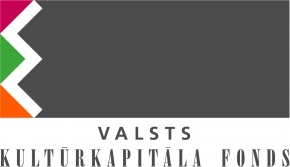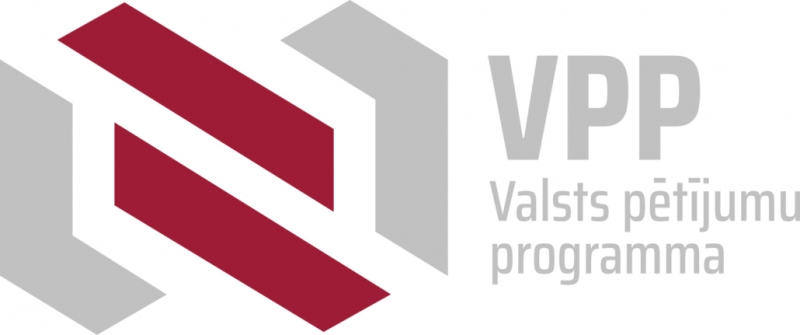This summer Daugavpils University Oral History Centre (further – DU OHC) organized its annual oral history expedition that took place in Krāslava region. For DU OHC academic staff and students this was the most anticipated and vivid event, that required lasting and careful preparation as well as active and dynamic work during the field study week, and after that – sorting out the materials and putting them in order. With the financial support of the State Cultural Capital Foundation (Latgale Culture Programme 2025/33), Krāslava regional government and State Research Programme “Navigating the Latvian History of the 20th–21st Century: Social Morphogenesis, Legacy and Challenges” (No. VPP-IZM-Vēsture-2023/1-0003) our collection had grown for 90 new life stories. Now the new records are already systematized according to personal data protection rules and are available to researchers. In October the copies of the materials will be presented to Krāslava County Museum which was a co-partner during this summer expedition and contributed to communication with local people by organising special educational seminars on oral history and photography.
The overall length of the audio records during the expedition is 5584 minutes (more than 93 hours). The longest record exceeds three hours, and in average every interview lasted around more than an hour; the eldest respondents were born in 1930s (12 people) and 1940s (13 people). The majority of the interviews were recorded in Latvian and Russian, some – in Latgalian, however the ethnic background was much more diverse: Latvians, Russians, Poles, Belarusians, and Lithuanians, and among them – Catholics, Lutherans, Orthodox, and Old Believers. In this way the collection depicts the diversity and uniqueness of Latgale and allows to explore the historical events of the 20th century through the lens of the experience of local residents.
Ph. D Maija Grizāne, Researcher of DU IHSS
Laima Grišule, DU OHC Collection Manager laima.grisule@du.lv
